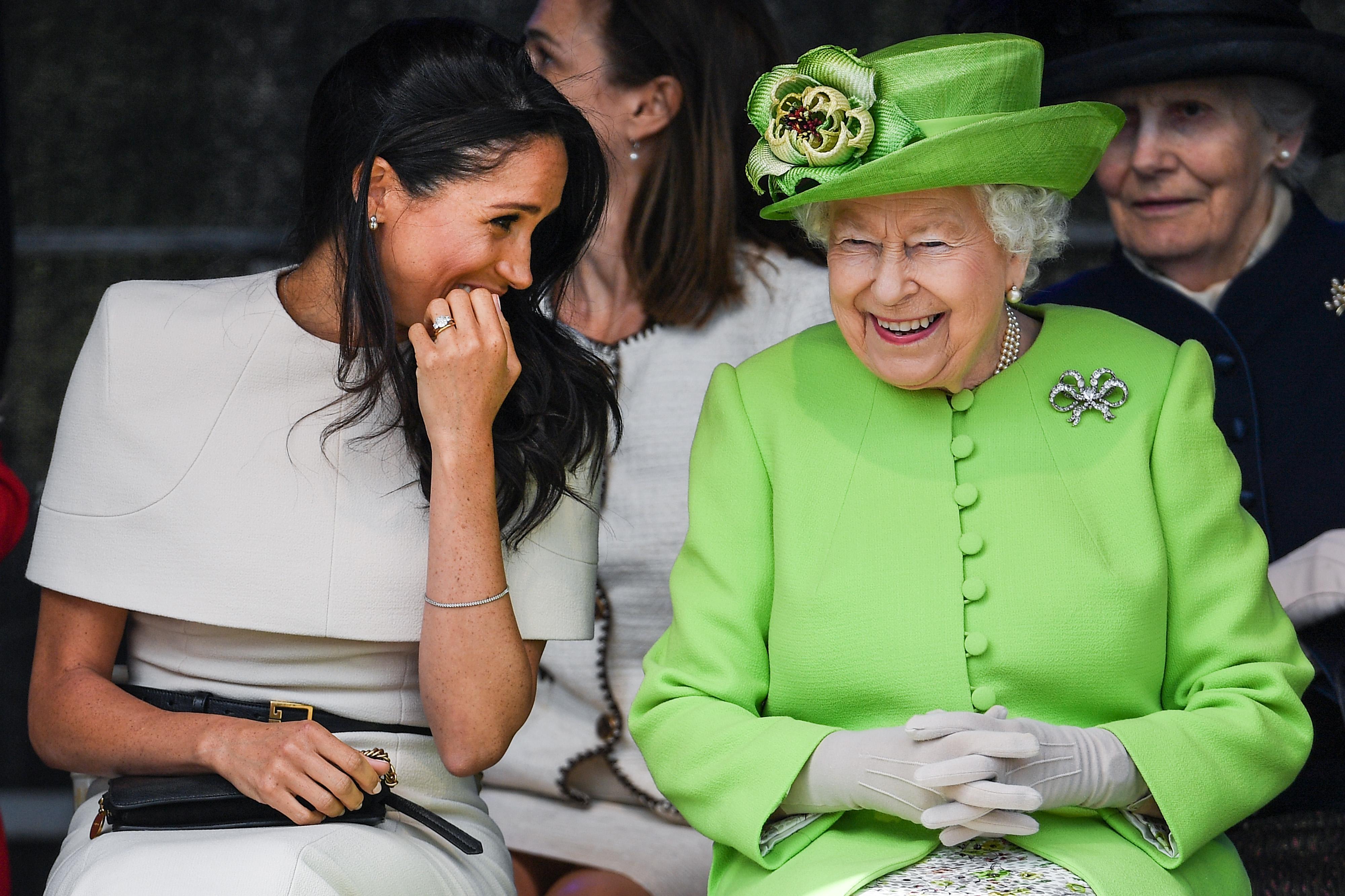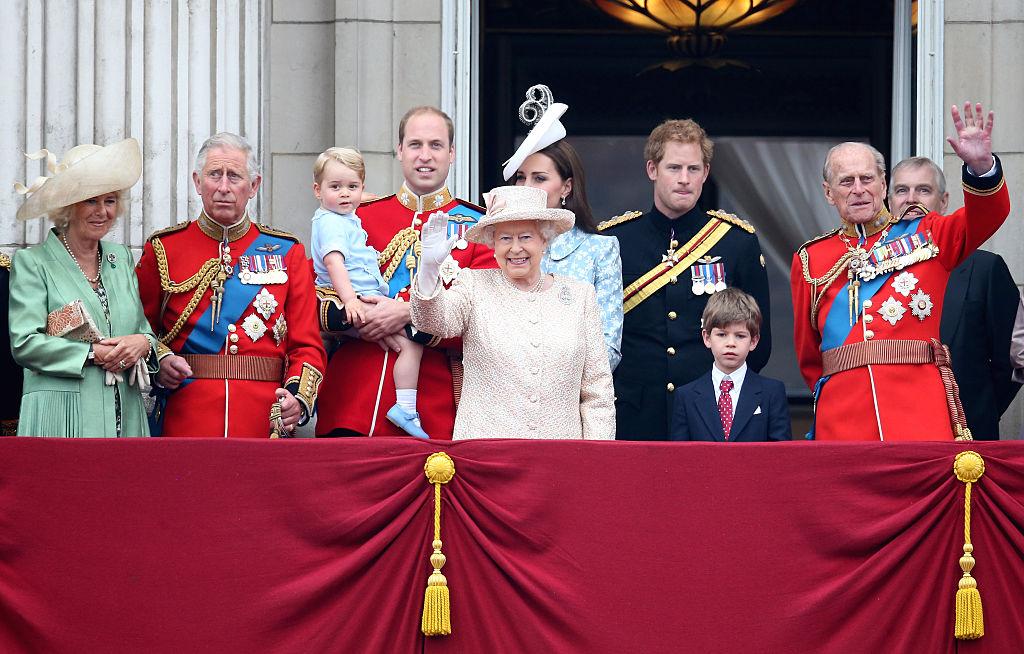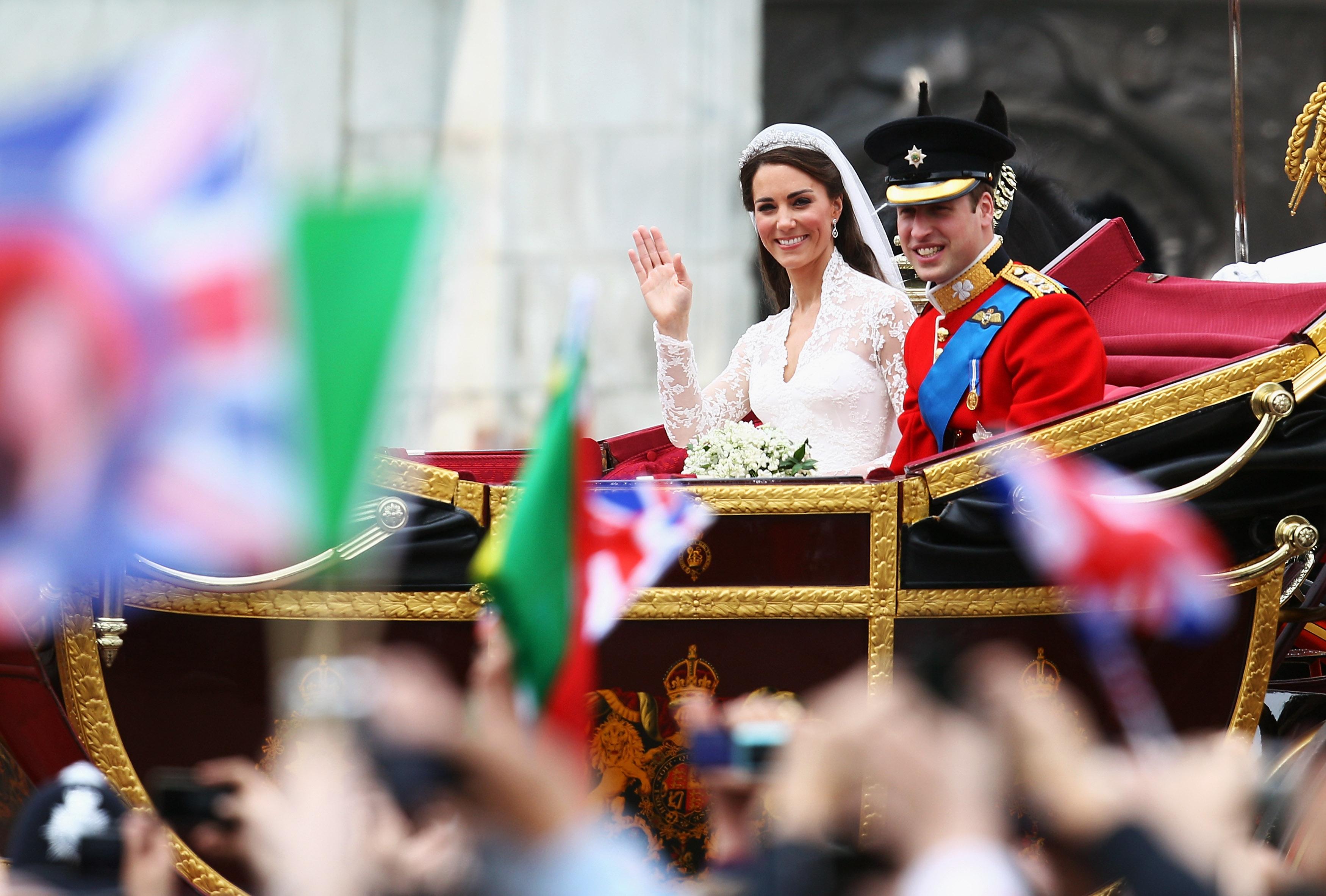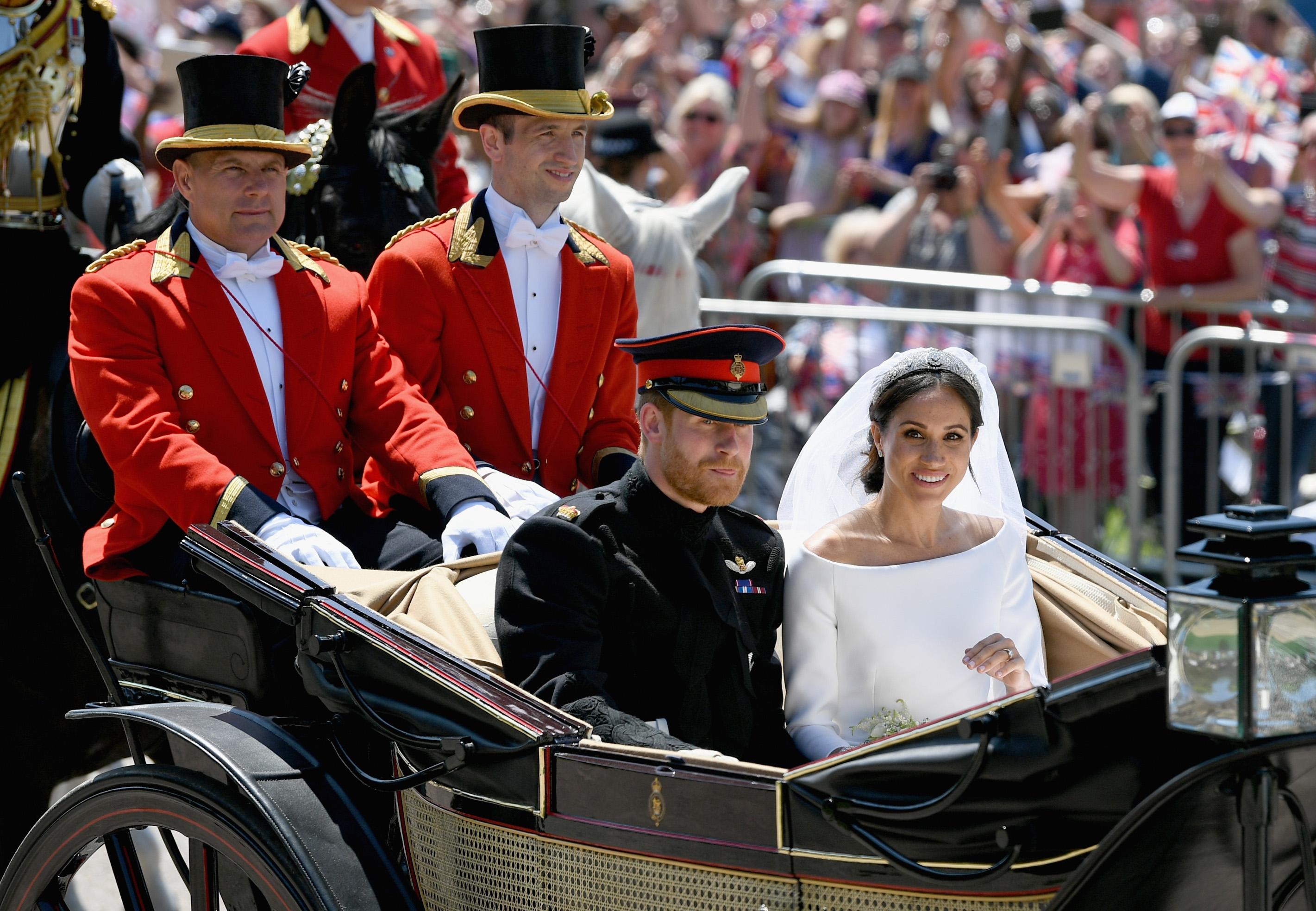If Queen Elizabeth II Had No Real Power, Why Did England Still Have a Queen?
Updated Sept. 8 2022, 2:19 p.m. ET

Update: Queen Elizabeth II died peacefully on Thursday, Sept. 8, 2022, at Balmoral Castle in Scotland, according to an official tweet from The Royal Family. Members of the royal family, including the queen’s four children, and her grandchildren, Prince William and Prince Harry, traveled to Balmoral to be with her while she remained under medical supervision. In light of her death, her son, Charles, is now the King of England, and his wife, Camilla, is the Queen Consort
One of the most well-known and admired people on Earth is Queen Elizabeth II. Since 1952 she was the nominal leader of the United Kingdom — making her the country's longest-serving monarch, and her influence is felt all over the world. Despite the queen's vast influence, she holds no real power in the British government.
The British monarchy's power is not what it use to be once upon a time, and over the years, the U.K. government has slowly diminished the power of the royal family.
As the monarchy has evolved over hundreds of years, her role became mainly symbolic. According to the royal website, the ruling sovereign is responsible for various duties but “no longer has a political or executive role” in today’s world. Since the prime minister is the official head of government, and the queen cannot stand for election or vote appropriately, many have been wondering why England still has a queen. Continue reading to learn why constitutional monarchy in England today still exists.

Why does England still have a queen?
Queen Elizabeth II and her royal family are not only symbols of England, but they’re celebrities along the lines of musicians, actors, and athletes in the United States. British people take a great interest in their lives, and that’s why the British media is always guaranteed access to an array of events that involve the royals. A poll from Ipsos MORI found that 86 percent of Britons think the U.K. should continue to have a monarch.
People love being able to watch many of their events or travel to England to be near the action. Public events such as the Queen’s Diamond Jubilee and the Trooping the Colour, as well as parts of the estates owned by the royal family, are important in attracting tourists, which brings in money. For example, The Telegraph reported more than 2 billion people from around the world watched the royal wedding between Prince William and Kate Middleton in 2011.

According to The Guardian, the U.K. economy saw an estimated £2 billion (or more than $2 billion) boost thanks to the tourism surrounding the wedding. MarketWatch reported that the consulting firm Brand Finance estimated that tourists would spend more than a billion dollars while visiting London for Prince Harry and Meghan Markle's wedding in 2018.
Between July and October, tourists can visit Buckingham Palace. They can also take a tour of Windsor Castle during certain times of the year as well. As the queen and her family continue to receive worldwide media attention, tourism associated with the family continues to grow. From 2018 to 2019 according to Statista, revenue from ticket admissions to the Royal Estate exceeded 48 million British pounds in addition to over 21 million British pounds in retail sales.

It appears that some of the reasons why England still has a queen is because Queen Elizabeth II — and her family — was beloved by many and that the royal family is an economic powerhouse. She certainly didn't rule with an iron first like her distant ancestors, but the queen definitely wasn't worthless.